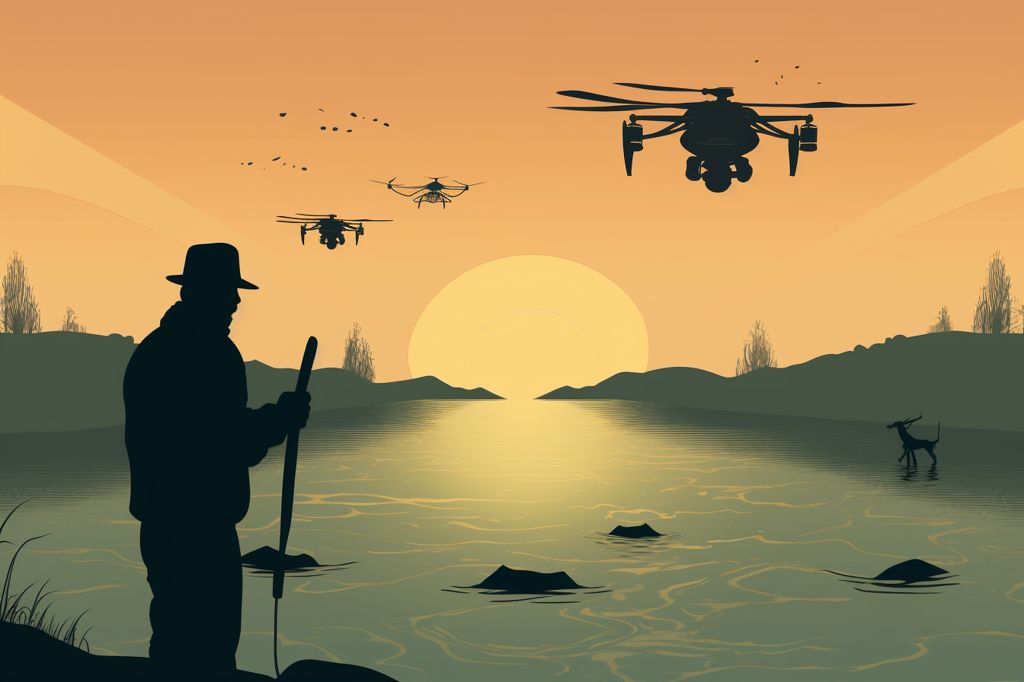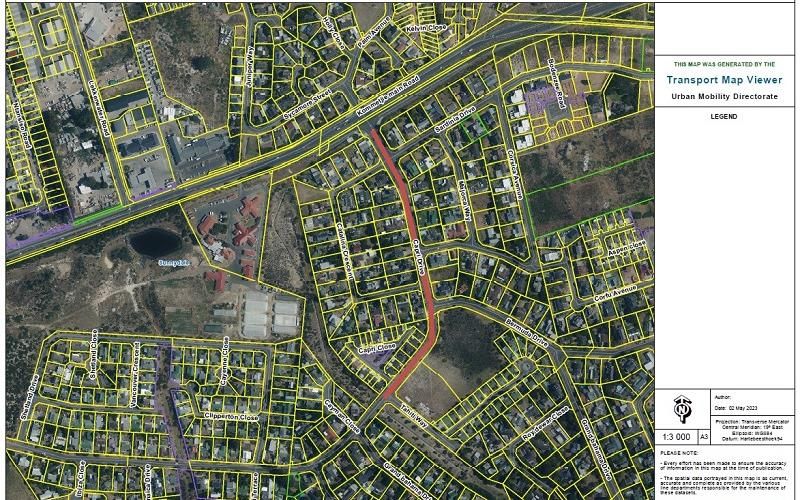In recent years, the use of motorized equipment in recreational angling has become increasingly common, with drones and remote-controlled boats being popular choices for fishermen looking to enhance their experience. While many have embraced this innovation, others have raised concerns about the impact it may have on marine life and the environment.
Legal Challenges in South Africa
The use of motorized equipment in recreational angling has been a contentious issue in South Africa, with the Department of Forestry, Fisheries, and the Environment issuing a public notification in February 2022, warning against the illegal use of such equipment. The Department subsequently opened three criminal cases against those who were found to be flouting the law.
Legal Action by Gannet Works Proprietary Limited & Others
In an attempt to challenge the prohibition on the use of motorized equipment, Gannet Works Proprietary Limited & Others took legal action against the Deputy Director-General: Fisheries Management and the Minister responsible for Forestry, Fisheries, and the Environment in March 2022. However, their application seeking a declaratory judgement was dismissed in April 2022, with a subsequent application for leave to appeal facing a similar fate in October of the same year.
Misinterpretation of the Supreme Court of Appeal Ruling
Despite the dismissal of their legal challenge, Gannet Works Proprietary Limited & Others were granted leave to appeal by the Supreme Court of Appeal in May 2023. However, this led to a frenzy of misinformation on social media, with recreational anglers incorrectly interpreting the ruling as an endorsement of drone fishing. The Department of Forestry, Fisheries, and the Environment clarified that the ruling did not invalidate the previous prohibition on drone fishing.
The Current State of Affairs
According to a senior counsel opinion obtained by the Department of Forestry, Fisheries, and the Environment, the granting of leave to appeal only suspended the operation of the previous High Court order, and did not alter the statutory obligations placed upon recreational fishers. As such, the legal framework under the Marine Living Resources Act, 1998 and its regulations relating to recreational fishers remains intact and enforceable.
The Future of Drone Fishing
Until the Supreme Court of Appeal issues a ruling that alters the current state of affairs, the Department of Forestry, Fisheries, and the Environment will continue to enforce the prohibition on the use of motorized equipment in recreational angling. The ongoing legal battle highlights the tension between technological advancement and traditional practices in recreational angling, and the responsibility of regulatory authorities to adapt to an ever-changing landscape.
As the debate over the use of motorized equipment in recreational angling continues, the future of drone fishing remains uncertain. It is clear that this modern-day dilemma raises important questions about acceptable practices in recreational angling and the role of technology in our connection with the natural world.












